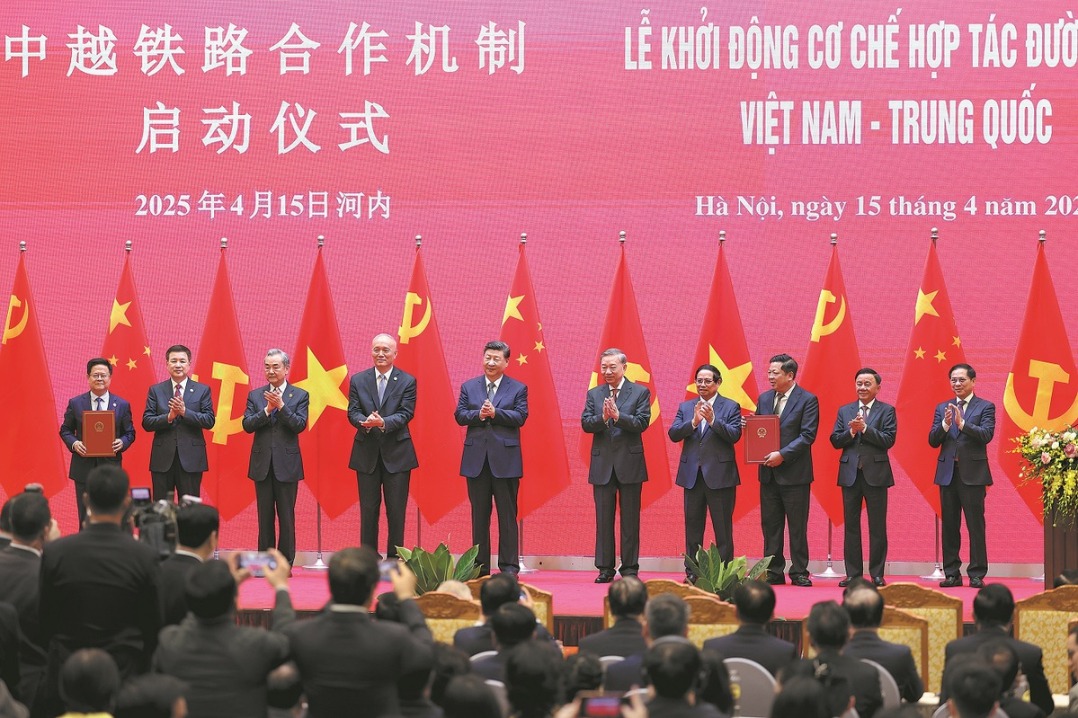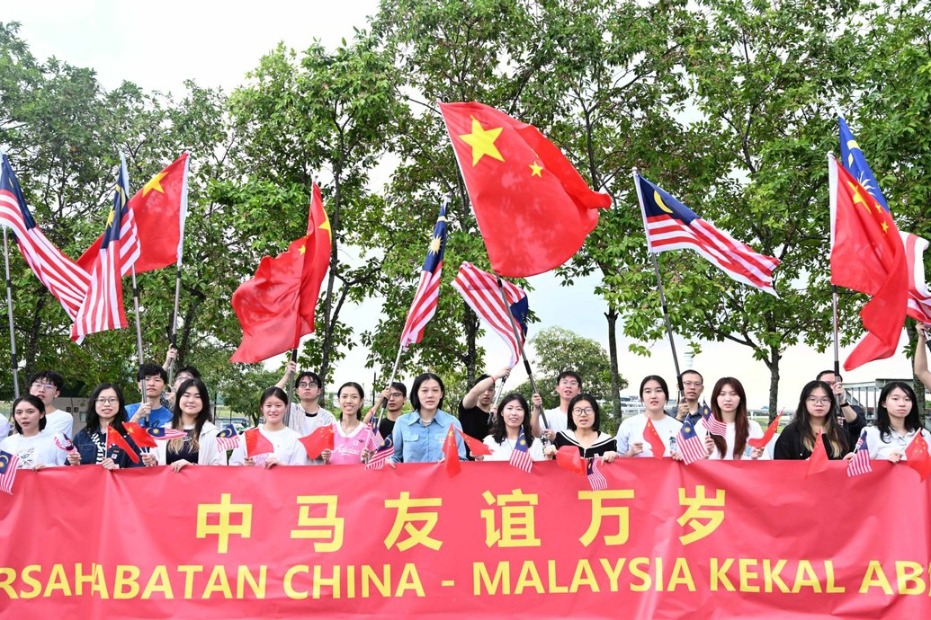Chinese investors boost growth in Malaysia
Cultural similarities give companies confidence to pump money into nation


Auto investors
Chinese investors are not confined to the technology space.
In 2015, the China Railway Rolling Stock Corporation opened its first overseas manufacturing base in the northwest Malaysian state of Perak. Located on a 20.2-hectare complex, the plant can manufacture up to 200 carriages per year and has also provided new jobs to the local community, with more than 80 percent of its total staff locally recruited.
In 2017, Hangzhou, Zhejiang province-based carmaker Geely Holding Group acquired a 49.9 percent stake in Malaysia's national car company Proton to transform it into the top car brand in Malaysia and one of the leading brands in ASEAN.
In December 2024, Geely and its partner Malaysian conglomerate DRB-HICOM signed a memorandum of understanding with MIDA to develop the Automotive Hi-Tech Valley in Tanjong Malim, Perak, to promote Malaysia as ASEAN's hub for electric vehicles. Two months after the MOU signing, Proton announced on Feb 7 that it had started construction on a new EV production plant in Tanjong Malim, according to local media reports. The 82 million-ringgit plant is expected to be completed by the end of this year and will produce several models, including the Proton e. MAS 7, the first EV car made by a Malaysian car company.
Chin Yew Sin, president of the Asia-Pacific Strategy Research Center, a Kuala Lumpur-based think tank, said China's investment in Malaysia represents "a closely tied partnership ingrained in cultural, economic and strategic advantages".
Chin said Chinese companies have capitalized on Malaysia's investment-friendly environment and multicultural society. In recent years, Chin said the diversification of global and regional supply chains and the adoption of the 'China+1'strategy have boosted the influx of investments to Malaysia and other ASEAN countries.
For Ian Yoong Kah Yin, a private equity investor and former investment banker in Malaysia, the main purpose for diversifying investments in Malaysia is to pursue the China +1 strategy, which calls for maintaining production in China while setting up additional facilities in other nations.
"Channel checks reveal that there are many Chinese companies that are expediting the setting up of manufacturing operations in Malaysia," he said.
Yoong welcomed these investments because the presence of Chinese companies has encouraged the transfer of skills and also serves as "role models to Malaysians in creating world-class businesses".
Xu Weiwei in Hong Kong and Xinhua News Agency contributed to this story.
























